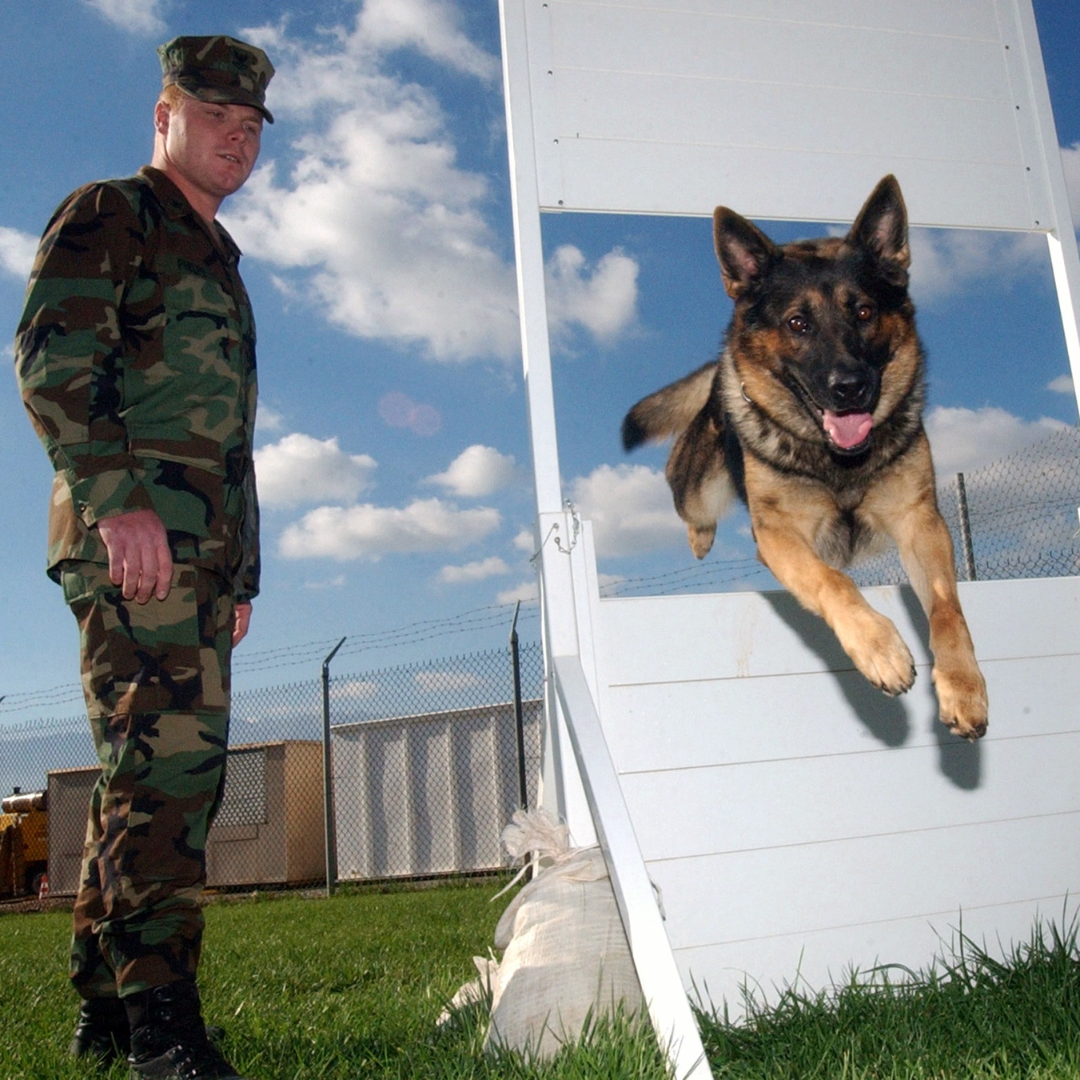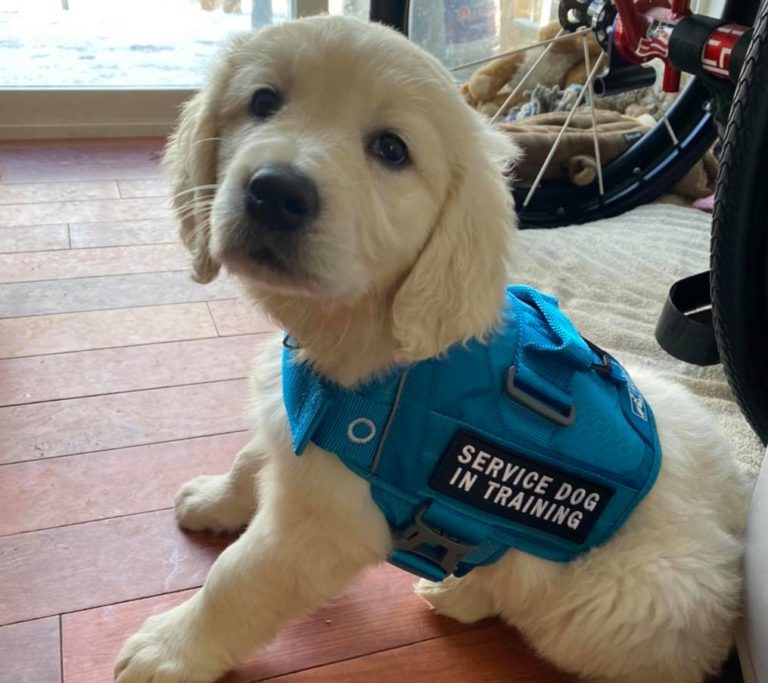Discover Top Tips for Dog Training Charlotte NC That Actually Work
Discover Top Tips for Dog Training Charlotte NC That Actually Work
Blog Article
Unlock Your Pet's Possible: Proven Canine Training Strategies for Success
Efficient pet dog training is a nuanced process that pivots on understanding canine behavior and employing scientifically backed techniques. By integrating positive reinforcement, developing clear commands, and prioritizing socialization, canine owners can grow an efficient connection with their animals.
Recognizing Canine Actions
Recognizing pet dog habits is important for effective training and fostering a favorable partnership in between canines and their owners. A detailed understanding of canine body movement, vocalizations, and social communications is vital for acknowledging their emotions and needs. Dogs communicate largely through non-verbal hints; for instance, a wagging tail may suggest exhilaration, while pinned ears can signal anxiety or submission.

Moreover, ecological factors play a substantial duty in forming a pet's actions. Changes in routine, brand-new surroundings, or the existence of strange people can result in stress or anxiety in canines. Recognizing these triggers allows owners to mitigate unfavorable responses and create proper training methods.
Eventually, a deep understanding of dog habits lays the structure for successful training methods, improving both actions and the overall bond between the pet and its owner. Dog training. This understanding is indispensable for promoting a well-adjusted, delighted canine buddy
Positive Support Strategies
Effective training relies heavily on positive reinforcement methods, which have been revealed to generate substantial cause shaping desired habits in dogs. This strategy entails awarding a canine for showing specific actions, consequently increasing the probability that these habits will certainly be duplicated. Benefits can take numerous types, consisting of treats, appreciation, playthings, or playtime, depending on what encourages the specific pet.
It is vital to progressively phase out benefits as the dog finds out the behavior, transitioning to recurring reinforcement. This approach preserves the habits with time while preventing reliance on constant rewards. By concentrating on favorable reinforcement, trainers can cultivate a trusting connection with their pet dogs, promoting a participating and healthy training environment that boosts total obedience and performance.
Establishing Constant Commands
A basic aspect of effective pet training is the establishment of regular commands. Consistency in commands is vital for reliable communication between the canine and the fitness instructor. When commands are consistent, pet dogs learn to connect particular words with wanted habits, which increases the training process and boosts understanding.
To develop regular commands, it is important that all household participants make use of the same terminology and motions. If one individual makes use of "sit" while an additional says "rest down," it can develop confusion for the dog. Select clear, distinctive words for commands and make sure every person associated with the pet's training complies with these selections.
Reinforce commands via constant practice, making certain that the canine receives enough chances to react properly. When a dog successfully complies with a command, prompt positive support must adhere to.
Lastly, hold your horses. Establishing regular commands takes time and effort. With devotion and clearness, you will aid your dog establish a strong understanding blog here of assumptions, ultimately resulting in a mannerly companion.
Socialization and Direct Exposure
Mingling a pet dog is necessary for fostering a well-adjusted and positive friend. This process includes exposing your canine to a selection of atmospheres, people, and various other pets to establish their social abilities and versatility. Early socialization, ideally in between the ages of 3 to fourteen weeks, is essential, as it lays the foundation for a pet dog's future habits.
During socialization, purpose to supply positive experiences in different settings, such as parks, active streets, and homes with other family pets. Introduce your pet to numerous stimulations, consisting of noises, views, and smells, making sure that each experience is fulfilling. This direct exposure helps reduce fear and anxiety, leading the way for a more resistant dog.
Engaging in regulated group play sessions with various other pet dogs can likewise improve social skills, showing your animal proper communications and boundaries. Prioritizing socializing will significantly add to your dog's overall happiness and actions throughout their life.
Overcoming Common Training Difficulties

Dogs may have a hard time to concentrate in active or strange settings. Gradually desensitize your dog to interruptions by starting training in a quiet setting and gradually presenting even snake avoidance training near me more stimulations as they come to be proficient.
Additionally, behavior concerns like jumping or too much barking can come to be irritating. Address these by showing alternate behaviors, such as resting comfortably when greeting visitors. Consistency and perseverance are important; reinforce wanted habits regularly and stay clear of abuse, which can cause complication.
Last but not least, acknowledge that each dog is one-of-a-kind, and training timelines may differ. Tailor your strategy to your pet's specific requirements, and seek specialist advice if needed. With perseverance and the right approaches, getting over find here these obstacles can cause a trained, happy canine companion.
Conclusion
To conclude, unlocking a dog's potential demands a detailed approach that integrates an understanding of canine habits, the application of positive reinforcement techniques, and the facility of constant commands. Early socializing and exposure to varied environments further boost a pet dog's versatility and self-confidence. By attending to common training difficulties with customized approaches and perseverance, a cooperative and unified partnership between pet and trainer can be fostered, eventually causing a mannerly friend with the ability of prospering in different situations.
Efficient pet dog training is a nuanced process that pivots on comprehending canine behavior and employing scientifically backed techniques.Comprehending pet dog behavior is necessary for reliable training and cultivating a favorable relationship in between pets and their owners.Reliable training depends greatly on positive reinforcement techniques, which have actually been revealed to generate considerable results in shaping wanted actions in dogs. When commands are consistent, pet dogs learn to link specific words with wanted habits, which speeds up the training process and enhances understanding.
In conclusion, unlocking a dog's prospective requires an extensive approach that includes an understanding of canine behavior, the application of favorable support techniques, and the establishment of constant commands.
Report this page